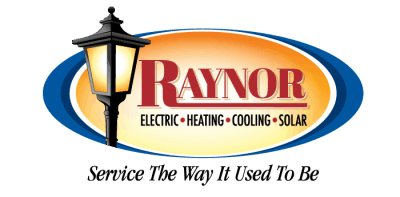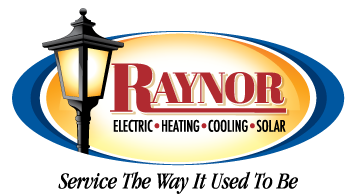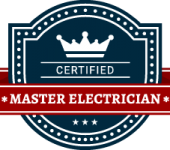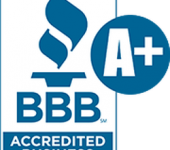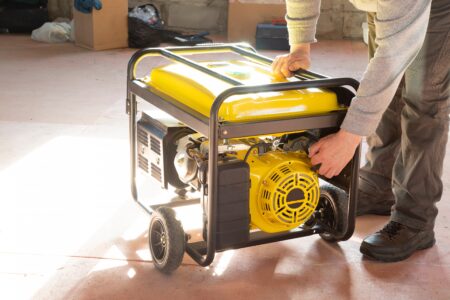
Convenience and Versatility
Portable generators are, as the name suggests, portable. They are typically smaller, mounted on wheels, and can be moved easily. One of the main advantages of a portable generator is its versatility. You can use it during power outages, of course, but also during various outdoor activities, such as camping, tailgating, or even home improvements.
Ease of Installation
Installing a portable generator is relatively straightforward. You don’t need a permanent setup, and it can be as simple as plugging your essential appliances directly into the generator or using extension cords. This simplicity makes them a popular choice for homeowners who want an immediate backup power source.
Limited Power Output
While portable generators offer convenience, they are limited in terms of power output. They typically provide enough power to run essential appliances, but you’ll need to prioritize what you want to power during an outage. A standby generator would be a better choice if you need a more comprehensive power backup.
Automatic and Seamless Operation
Standby generators are a permanent, automatic backup power solution. They are connected directly to your home’s electrical system and start up automatically when they detect a power outage. This ensures that your power is restored quickly, without manual intervention.
Higher Power Output
One of the most significant advantages of standby generators is their higher power output. They are customized by size to meet your specific wants and needs for power. These generators can power your entire home, including heating and cooling systems, appliances, and home office equipment. You won’t need to worry about selecting specific appliances to run during an outage; they’ll keep everything on.
Professional Installation Required
Unlike portable generators, standby generators require professional installation. This includes securing the generator to a concrete pad, connecting it to your home’s electrical system as well as the gas system, and configuring an automatic transfer switch. While this installation process may involve some upfront costs, the long-term benefits outweigh the initial investment.
Making the Right Choice
Choosing between a portable and standby home generator depends on your specific needs and budget. Here are some factors to consider when making your decision:
Budget: Portable generators are generally more affordable upfront, while standby generators require a more substantial initial investment.
Power Needs: A standby generator is the better choice if you need to power more than just a few things but instead your entire home. For limited essential needs, a portable option may suffice.
Convenience: Standby generators provide automatic, hands-free operation, while portable generators require manual setup and connection. Standby generators will turn on each time there is an outage without a need to even go outside.
Fuel Source: Standby generators usually run on natural gas, which is widely available. Portable generators may run on gasoline, natural gas, or propane.
If you’re not sure which type of home generator is right for you, consider consulting a professional. They can assess your needs and recommend the best solution to keep your home powered during outages. Whether you opt for a portable or standby type, investing in a reliable power generator is a smart choice to ensure your family’s comfort and safety during unexpected power outages.
